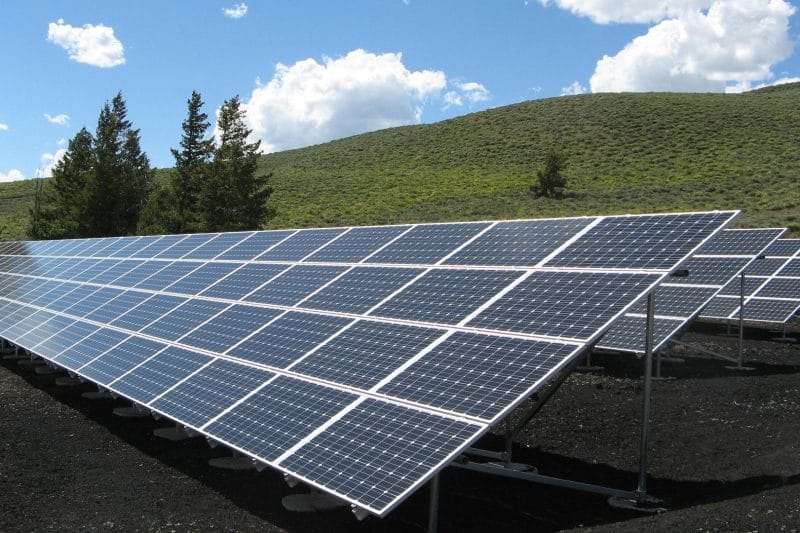If you’re looking to save money on your energy bills, then a smart meter combined with solar panels could be just what you need!Perhaps you’re already thinking about making the investment, or maybe you’ve not really thought about it before.Either way, here’s a quick guide to all you need to know about smart meters and solar panels.
What is a smart meter?
There are different types of smart meters.There are the First Generation Smart Meters which are no longer installed and could be incompatible with solar panels. Then there are the Second Generation Smart Meters which have been installed for a few years now. The new generation of meters makes it easier to switch energy suppliers, allowing access to all the data sent from the meter.The way they work is that they send energy readings back to your energy supplier in real time, meaning that you can accurately track your energy usage. That accuracy allows you to avoid being overcharged on estimated energy bills.The meters send signals to an In Home Display (IHD), a device which shows you how much gas and electricity you’re using at any moment. You can monitor your energy usage and use it more consciously.Smart meters measure the amount of gas and electricity you use, regardless of whether you’re a solar panel user or not. The information gathered is passed on to your energy supplier using a purpose-built network called the Data Communications Company (DCC). Your supplier then bills you according to the readings they receive. Smart meters can be installed at the same time as solar panels, or afterwards.
The pros and cons
You might be asking whether it’s worth investing in a smart meter. In order to help you make an informed decision, take a look at the pros and cons.Pros:
- Smart meters can save money – you pay for what you use, cheaper tariffs available to smart meter households
- Free installation
- Smart meters don’t interfere in any way with solar panels
- Helps energy suppliers understand customer needs, and contribute to a smart grid
- Energy supplier receives your meter readings automatically, meaning you don’t have to submit readings manually.
- You can monitor your energy consumption anytime
Cons:
- You may have to wait for eligibility
- Reliance on mobile phone networks means they sometimes suffer from poor signal
- Potential privacy concerns. Access to detailed information about your real time energy consumption somewhat exposes your personal routines and activities.
How can smart meters save money?
The best thing about smart meters is how you can gain a sense of control over your energy bills. Most energy bills are actually educated estimates. The smart meter is a great way to see exactly how much energy you’re using on a daily basis, in terms of pounds and pence.The UK government has started a nationwide rollout, with the goal being that every UK household will have a smart meter installed. There is no legal obligation to have a smart meter installed, but you might as well take advantage.
The SEG and Smart Meters
In 2019-20, the UK government launched The Smart Export Guarantee (SEG).This SEG scheme requires all large electricity supply companies to provide an ‘export tariff’ to households for each unit of electricity they send to the grid. The SEG pays households money back based on how much energy they are consuming – or not consuming – each month. Your energy supplier pays you for excess energy you produce – something that is a very tangible reality if you are using solar power. The repayment amount can be assessed more fairly thanks to smart meters.A smart meter can tell the energy supplier exactly how many kilowatt hours (kWh) the household is sending to the grid.
Smart meters and solar panels
We already know that smart meters can save you money as they monitor your energy usage more efficiently.Combined with solar panels, those savings could be even more significant.Investing in solar panels means that you’ll be generating electricity independently of the national grid. In turn, any energy that you produce via solar panels will be compensated thanks to the SEG.Using a smart meter combined with solar panels and a battery could mean that you avoid expensive peak prices – something we could all benefit from since the energy price cap increases.What’s more, with solar energy you’re reducing your carbon footprint and gaining more independence from big energy suppliers and their tariffs. You could literally be saving hundreds of pounds a year, once your initial investment starts paying off. As well as that, installing solar panels in your home could make it more attractive to potential buyers. If you want to know more about how smart meters and solar panels could be saving your household money, get in touch with us today.

